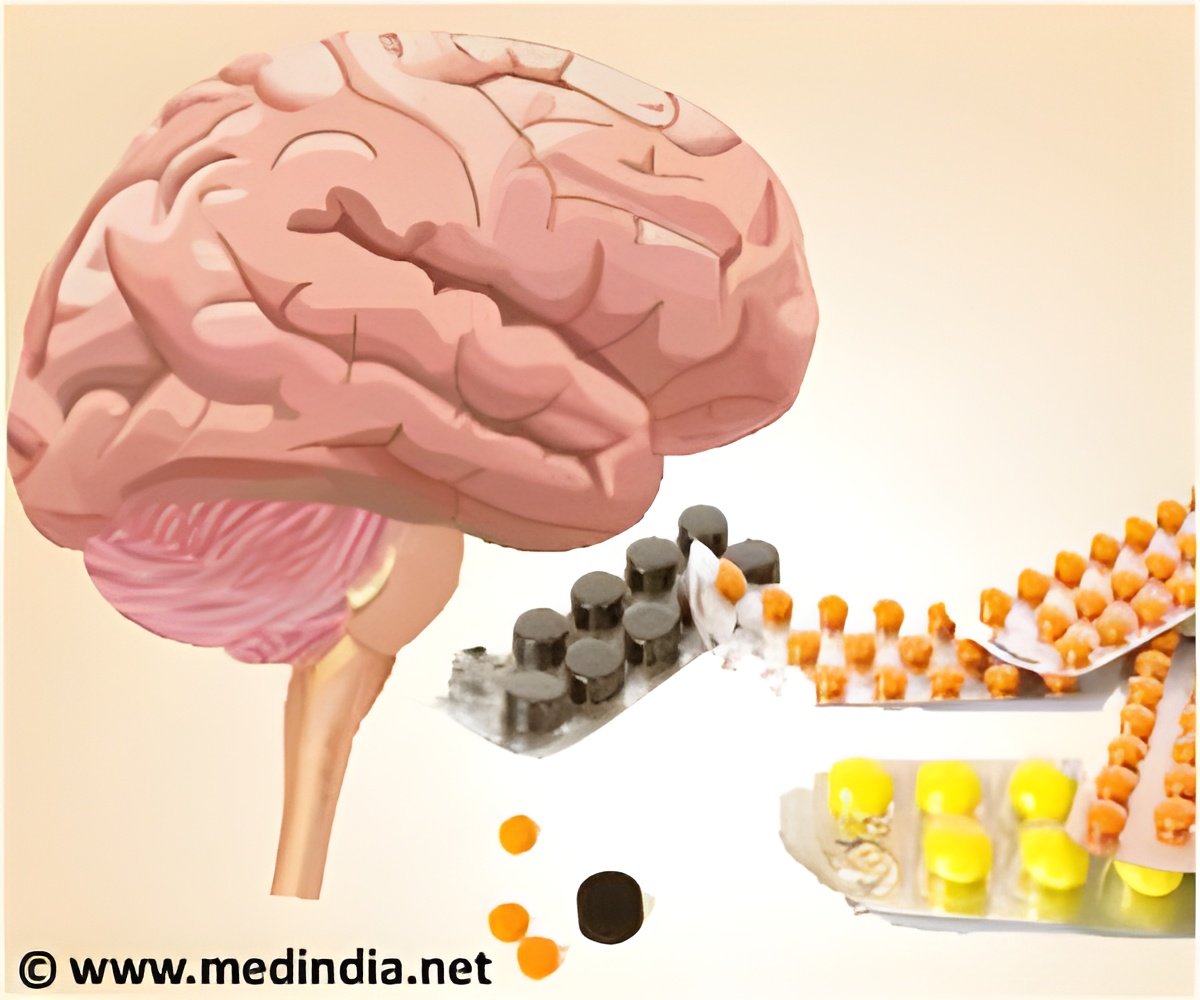Some people taking drugs for Parkinson's disease report impulse control problems such as compulsive gambling and shopping but research has proved that the disease itself does not increase the risks.

The study involved 168 people who had recently been diagnosed with Parkinson's disease and had not yet taken any medications for the disease. They were compared to 143 people of similar ages who did not have the disease.
The participants were given a questionnaire asking how often they had impulse control symptoms such as compulsive gambling, shopping, sexual behavior or eating. Participants were also asked about aimless wandering, punding (which is excessive repetition of non-goal directed activity, such as continual handling and sorting of common objects) and hobbyism (the compulsive pursuit of a hobby such as collecting, cleaning or excessive Internet use).
Those with Parkinson's disease were no more or less likely to have the impulse control symptoms than those without the disease, with about 20 percent of each group having symptoms.
"These results provide further evidence that impulse control disorders that occur in people with Parkinson's disease are related to the exposure to the dopamine-related drugs, not just the disease itself," Weintraub said. "More long-term studies are needed to determine if the 20 percent of people who have some symptoms of these disorders are more likely to develop impulse control disorders once they start treatment for Parkinson's."
Advertisement













